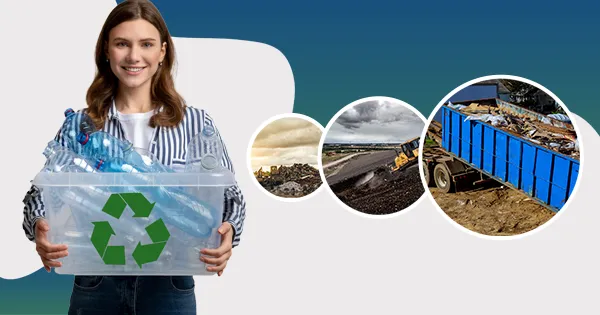Waste management is a critical part of maintaining a sustainable and eco-friendly facility. By following the three Rs—Reduce, Reuse, and Recycle—businesses can significantly lower their environmental impact while also improving operational efficiency.
Reduce Waste at the Source
One of the most effective ways to manage waste is to prevent it from being created in the first place. Companies can achieve this by reducing unnecessary packaging, opting for digital records over paper, and encouraging employees to use resources responsibly.
Reuse Materials for Extended Life
Many items that are often thrown away can be reused. From office supplies to furniture, extending the life of these products helps cut costs and reduce landfill waste. Implementing reuse practices also contributes to a greener and more responsible workplace.
Recycle for a Cleaner Future
Recycling is an essential step in sustainable waste management. Sorting and recycling paper, plastics, and metals can drastically reduce a facility’s carbon footprint. Partnering with professional office cleaning services can help ensure that recycling bins are properly maintained and waste is disposed of correctly.
Integrating Sustainable Facility Care
Waste management is closely linked to overall facility maintenance. Regular building maintenance services can further support sustainability efforts by ensuring that systems are energy-efficient and that facilities operate smoothly with minimal waste.
Conclusion
By embracing the three Rs—Reduce, Reuse, and Recycle—facilities can create greener environments, lower costs, and contribute positively to the planet. Sustainable waste management is not only an environmental responsibility but also a smart business strategy.


